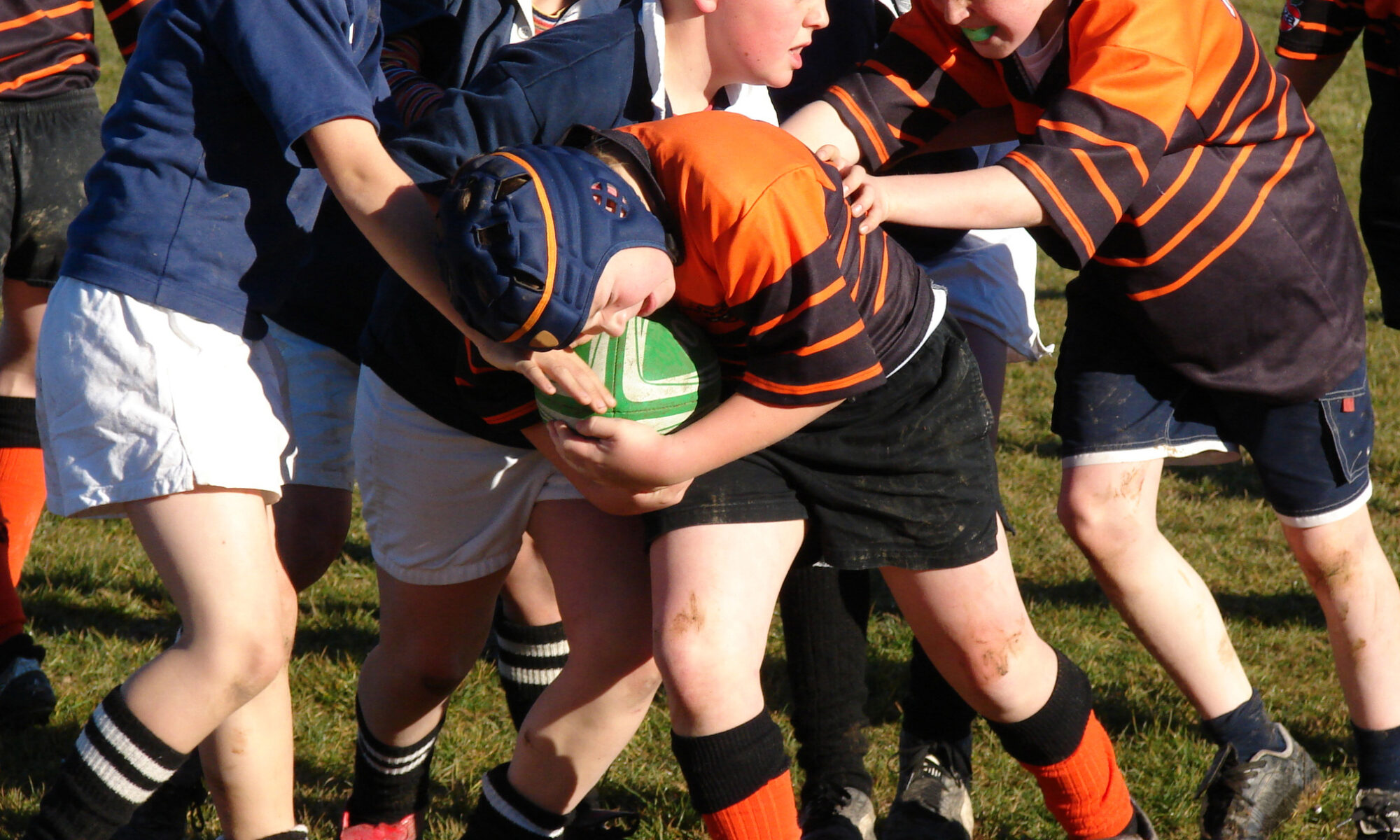Mike Piercy, education consultant and former Head of The New Beacon, explains the importance of winning and losing with good grace
The beefy second row lay prone, groaning, as the pack lumbered away. “Get up, Darling!” I cried. Opposition spectators looked at me askance with thinly veiled suspicion.
This was back in the day, many years ago, when pupils were known only by their surnames. His was Darling and I knew he was absolutely fine.
Many a touchline moment and memory has been enjoyed as coach and parent, Wednesday and Saturday afternoons, year in, year out, all seasons and weathers. Sport is – and should be – an integral part of school and a broader education. There is so much to learn, from teamwork and tactics to fitness and resilience.
Sadly, some sporting ‘role models’ our young people see are far from exemplary: foul play, temper tantrums, arguing with the referee. As teachers, coaches and parents it is our job to train and inculcate sporting fair play and etiquette. The post match team talk often has common strands – especially after a loss. We can probably predict the first one to cry, ‘It’s not fair!’ The disappointment evident straight after the game has not allowed space for the emotion to subside, with reasoned logic taking time to emerge.
What exactly isn’t fair: losing; unduly ‘professional’ tactics from the opposition; a dodgy, perhaps inept referee? Losing needs rationalisation: were they indeed better; did we have a bad day at the office; was the referee or umpire blind or biased? I recall one match, perhaps thirty years ago, when we were winning 0:1 away against a much bigger school, the second half stretching many minutes beyond full time. The home side was pressing, the final whistle only blown after we broke away and scored a second. It was the right result but there was residual indignation.
Then there are the parents (usually Dads, I’m afraid) who live their sporting lives – or regrets – vicariously through their children. Stomping the touchline, bellowing, berating the ref, players, opposition or anyone who hinders the team’s progress, their aggression is transmitted to all nearby. In recent years schools have developed a ‘Spectator Code of Conduct’. As parents and sports coaches we are – we should be – the role models for our young people.
In the game of football VAR has been the subject of huge controversy. The goal (pun intended) seems to be to eradicate human error. While I have some understanding where money and millions are involved, thankfully I can’t see the day when it is introduced to school sport. Mistakes, then, will happen: ‘He who makes no mistakes will make nothing…’ (attributable in various forms to Einstein, Franklin and Roosevelt.
Perhaps, though, there is the potential for learning here, too? Life isn’t fair – something of a cliché of course. There are considerably worse predicaments than found in a disappointing sports result. Such situations can, however, be educative if dealt with philosophically, with growth mindset.
Naturally, we all prefer winning and therein lies another strand of sporting etiquette. Over the many years in a number of schools an undefeated season was rare – and that is how it should be, else the fixture list needs fixing. Young people need to learn how to win (and lose) with good grace. In sports education, school matches, to hear three cheers (and one for luck), the teams lined up for handshakes, is truly affirming. What is said in the team talk later may well have another more reflective, learning, coaching dimension and that is how it should be, too.
Do you have a burning education-related query? You can contact Mike at mikepiercy@hotmail.com
You may also like
Great Expectations
Mike Piercy, education consultant and former Head of The New Beacon, gives his opinion on tutoring There’s nothing wrong with ambition; indeed it is to be praised. Encouragement of ambition is inherent in parenthood and teaching.I have something of a...
Creative Thinking
Online educators, Technology Triumphs, talk us through their approach “There is no doubt that creativity is the most important human resource of all,” – Edward De Bono, the originator of the term lateral thinking.Despite this, creative pursuits have been seemingly...
5 Top Tips to get exam ready
Help your child navigate exam season with help from the experts It is no secret that, for some students, the exam season represents a stressful time. Antony Nesling and Beverley Bloem, Diploma Coordinator and High School Counsellor at ACS International...










